The major Software Testing Trends to be witnessed in 2019

Information technology is transforming the landscape of industry and business in a big way. It has given convenience, engagement and connectivity a new meaning with technologies like IoT, artificial intelligence and machine learning, block chain, and augmented reality among others. As the world moves towards automation and its resulting benefits, the software testing trends in 2019 will be interesting to watch. The benefits include an increase in quality, speed, productivity, efficiency, collaboration as well as reduction in glitches, wastage, and cost. Moreover, the advent of Agile and DevOps has caused disruptions in software application testing. Let us have a look at the software testing trends of 2019 that businesses can integrate into their arsenal to remain competitive.
The Testing Trends of 2019
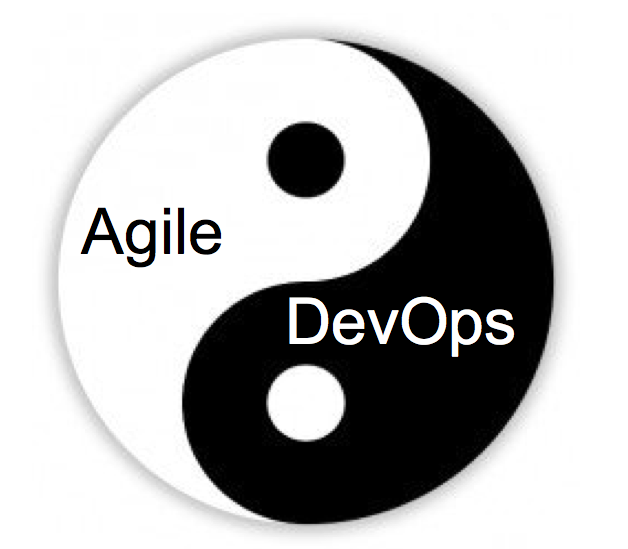
Source: https://bit.ly/2T1HsTB
#2. Use of AI and machine learning in software application testing:

Source: https://bit.ly/2NgboGo
Artificial intelligence is going places especially in the IT industry. It helps to transform workflows and processes by creating unique and optimized test cases. By mining historical data, AI can identify the source of glitches in billions of lines of codes and predict customer preferences for products and services. AI and machine learning can find out the high-risk areas of software and prioritize regression testing in real time. For example, the AI-based software testing methodology is best placed for use in the banking sector. It can identify fraudulent transactions by analyzing the pattern of historical data and help the banks to uphold both, the customer interest and brand proposition.
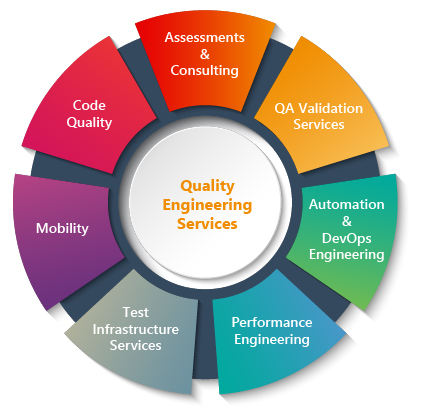
Source: https://bit.ly/2tvDTGJ
If traditional QA is all about testing a product post development and integration, then quality engineering is much more comprehensive. As software becomes more complex with numerous digital touchpoints, achieving the ultimate customer experience is only possible when quality becomes a pan organizational responsibility rather than that of a specific department. The forthcoming software testing trends will see QA giving way to quality engineering. This entails managing, developing, operating, and maintaining the IT architecture with high standards of quality.
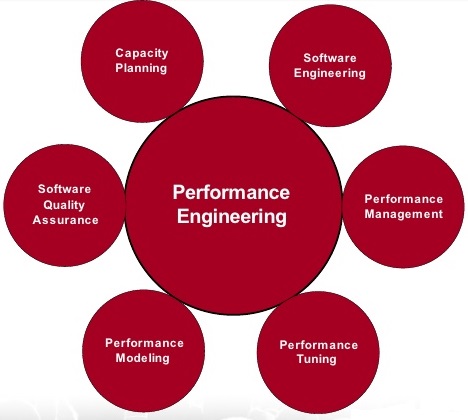
Source: https://bit.ly/2SHDDU9
Prevention is better than cure, so goes the saying. This applies to software testing strategy as well wherein the focus is not merely on identifying glitches in software but finding ways and means to pre-empt them. If performance testing is about testing the performance of software on metrics like throughput, scalability, response time, resource usage, capacity, stress, volume etc., performance engineering is all encompassing. The year 2019 will see a shift towards adopting performance engineering wherein the focus will be on analyzing the workings of various elements in a software. In an IT ecosystem, where achieving customer satisfaction is imperative, performance engineering helps stakeholders across departments to deliver items with the highest priority. It focuses on the design, development, and delivery of quality software products and services.
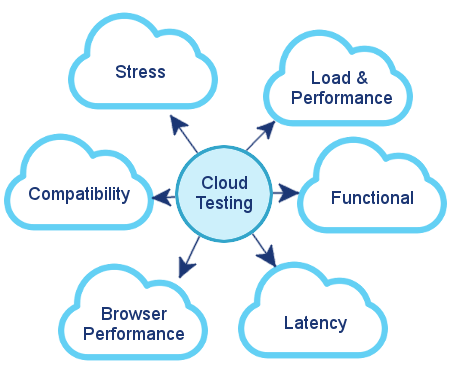
Source: https://bit.ly/2T2dlve
Enterprises are leveraging cloud-based platforms like AWS in a big way, thanks to the latter’s attributes like scalability, flexibility, security, and cost effectiveness. The software testing trends in 2019 will see the utilization of cloud-based testing tools such as Selenium, Robotium etc. The range of testing shall include cross browser testing, performance testing, usability testing, regression testing etc., and a comprehensive test automation platform like QARA Test that supports all forms of testing, will be what QA teams need.
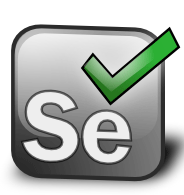
#7. Big data testing:
Source: https://bit.ly/2DSACGv
The latest software applications with access to multiple touchpoints generate large volumes of data. Since testing such big data with traditional computing techniques is not possible, the software testing approach needs to have a relook. The year 2019 will see the testing of big data in a major way to tackle the software testing challenges. The testing is imperative to ensure the integrity, completeness, validity, and compatibility of big data across the SDLC and beyond.
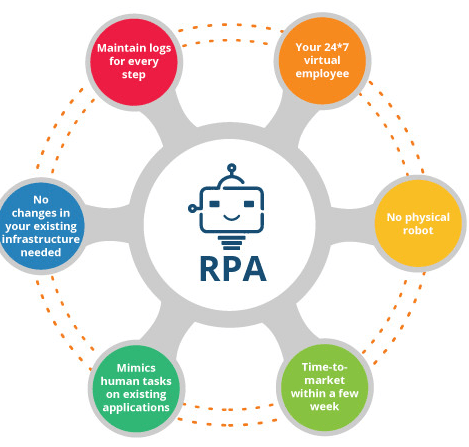
Source: https://bit.ly/2TX8GrK
#9. IoT testing:
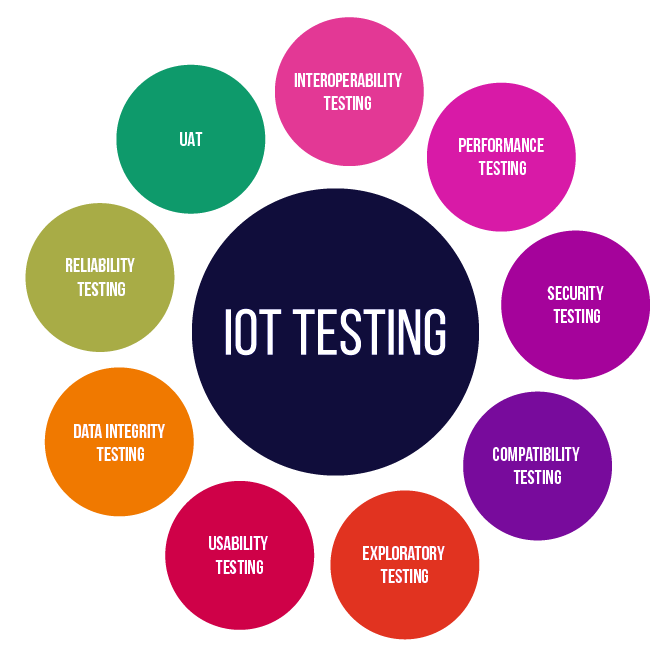
Source: https://bit.ly/2QBXQGn
Embedded software in devices has become commonplace, especially in consumer durables. The quality of software will ultimately determine the seamless running of a device’s features and functionalities. The year 2019 will see more emphasis being given to the testing of such embedded software in this world of Internet of Things (IoT), especially in terms of usability, compatibility, reliability, scalability, data integrity, performance, and security.
Conclusion
